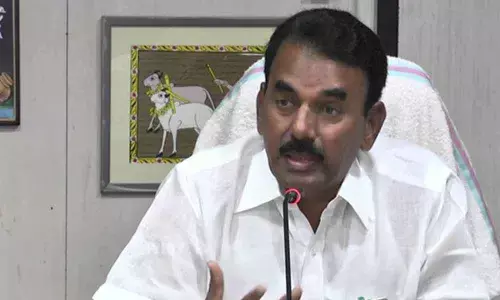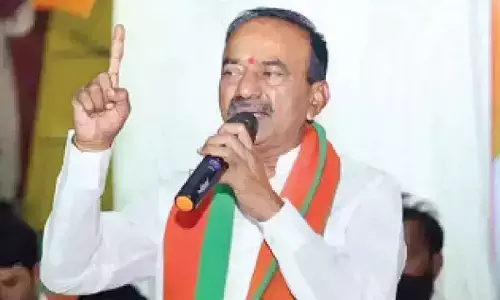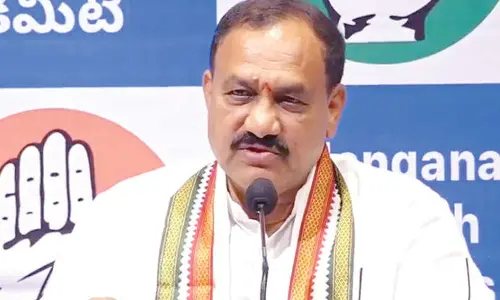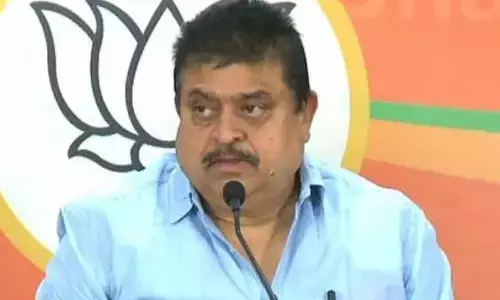WTO and the politics of subsidies
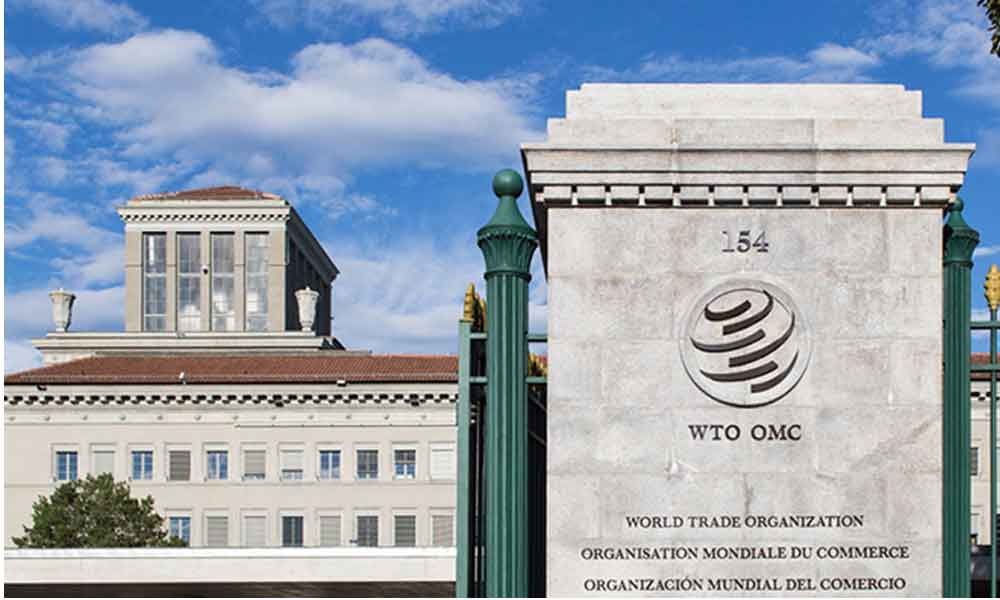
WTO and the politics of subsidies
To MSP or not? That is the question confronting the government as the farmers continue their protest in their quest for an elusive assurance from an authority caught up in a catch-22 situation. This is not just a political dilemma alone.
This is an issue with layers and layers around it. The biggest challenge for the government is in knowing where to begin with: whether it should be with the MSP or should the government begin to end inequality in World Trade Organisation's laws. India has followed a thin trading line between food and livelihood security issues and those of the laws governing the trade practices of the WTO.
This has attracted the attention of some of the international organisations and politicians and groups all over the world. Sikhs for Justice, a secessionist organisation, too pitted in with eagerness to encash the protest in favour of its 'Khalistan' demand and levels most outrageous charges against the Indian government "of catching, torturing and killings hundreds of Sikh farmers for peacefully agitating".
Equally bizarre is the conduct of some of the Parliamentarians of the UK, Canada and the US who demand a halt to the atrocities against the farmers ignoring the fact that the farmers are peacefully agitating and there has been no effort by the Government to use force against them. All those doing so must be ashamed of their own governments and their doublespeak.
India has been a founding member of the WTO and it is also a signatory to the multilateral Agreement on Agriculture (AoA). This agreement is regulatory in nature and is aimed at containing the domestic agricultural subsidies to even out the trade distortions. This agreement says that such aid or support given by the governments domestically would always affect the competitiveness of the global market.
To understand this argument further, one needs to understand the Green Box and Amber Box subsidies mentioned in the WTO agreement. The first one of these two is the permitted subsidy which has no trade distorting effect at all (at the most some minimal effect) as the WTO argues.
This Green Box subsidies have no limit. The US, Canada and the EU are entitled for the same along with Japan. The second one is the Amber Box subsidy defined under Article 6 of the AoA.
The WTO claims these are the ones that damage the world trade and have the potency to distort the relevant markets. These subsidies need to be checked, the WTO agreement says.
These two boxes figured in the Uruguay Round of negotiations between 1986-1993. The present MSP issue falls in the Amber Box and the de minimis level (meaning 'about minimal things') is capped at 10 per cent of the total value of the product concerned.
If India's domestic support exceeds the level, it would be a violation of this agreement. The US and Canada have been vociferously opposing India's MSP policies and complaining. Even China's domestic support to farmers has been opposed. The issue is, hence, not just about the MSP.
All political parties should arrive at a consensus in this regard and fight the inequalities against the developing countries. Let them not confine themselves politics alone.








